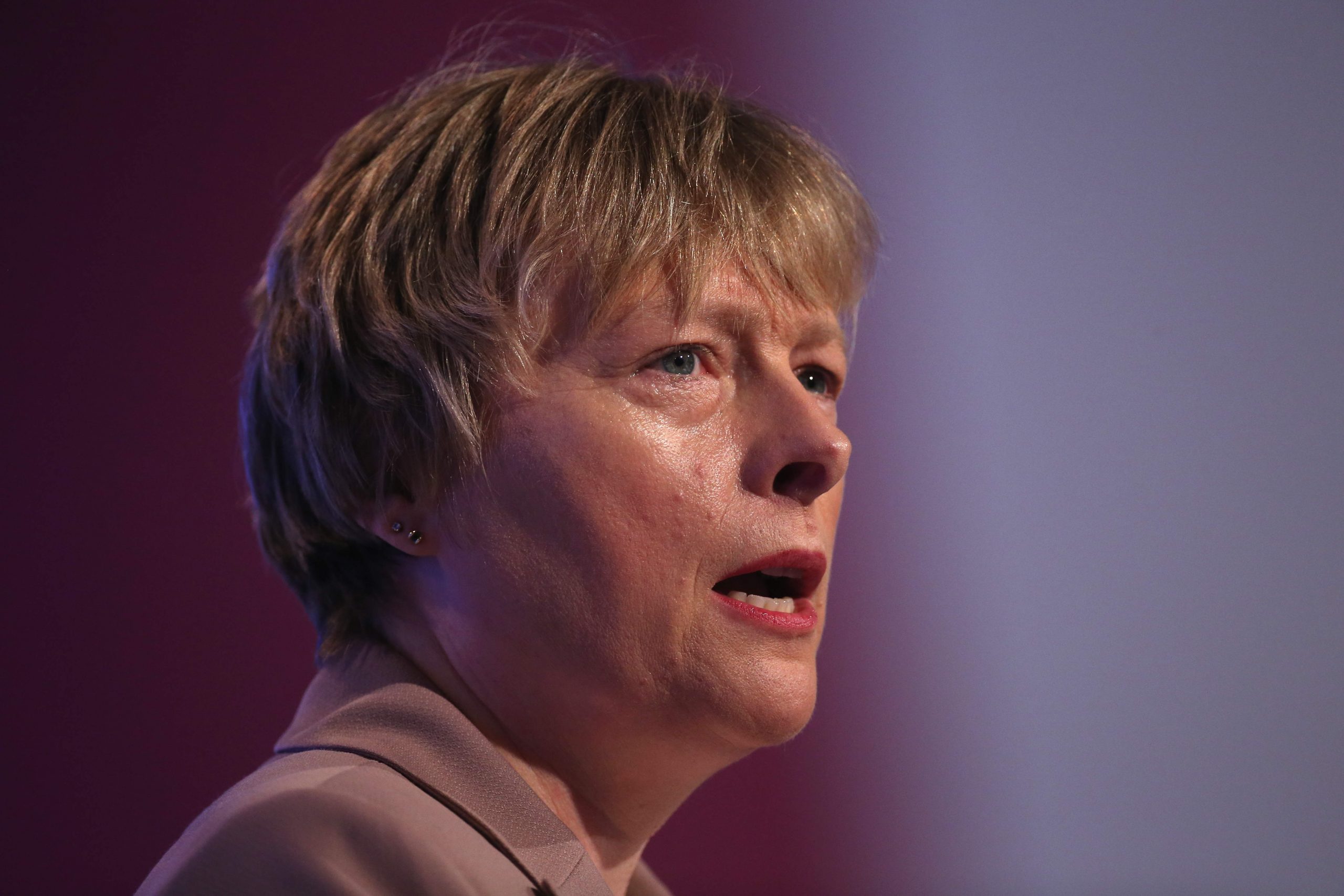
Jeremy Corbyn has known he was likely to win the Labour leadership for several weeks now. So why did last night’s Shadow Cabinet appointments feel so chaotic?
The biggest story so far is that Corbyn picked his longstanding friend (and campaign chief of staff) John McDonnell as shadow chancellor. This was the announcement the press had been waiting for – it had been expected that Angela Eagle might get the position, given her previous experience in the Treasury. Many also hoped her appointment would signal that Corbyn was broadening his Cabinet’s ideological appeal by choosing someone from the soft left rather than his own wing of the party.
Immediately after the news broke, there was surprise that shadow foreign secretary, home secretary and chancellor – the big three Cabinet positions shadowing the Great Offices of State – had all gone to men. Hilary Benn remains at foreign, while Andy Burnham (who came second in the leadership contest) moves from health to home. The highest profile women currently in the Shadow Cabinet will be Angela Eagle at BIS, Heidi Alexander at health and Lucy Powell at education. Diane Abbott, a staunch Corbyn supporter (and ideological ally), is poorly rewarded for her loyalty and support with international development, which is widely seen as a worthy but unexciting brief.
Clearly, there was something of a reverse-ferret late last night over Angela Eagle. It was initially announced simply that she had been given the business, innovation and skills brief, but after the immediate outcry over the big jobs it was announced that she would also be First Secretary of State and deputise for Jeremy Corbyn at Prime Minister’s Questions. (That seems to overturn what the new Labour leader said to Newsbeat on Saturday about it rotating between several people).
I’ve been watching the reaction develop overnight and this morning, and a couple of threads are emerging. The first is obvious glee from the right – they get to bash Corbyn as a hypocrite; not only is he an extremist, goes the argument, but he’s not even faithful to his own principles. David Cameron’s less than amazing record on female representation now becomes harder for Labour to attack.
The second is a level of blind defence from the left that I am finding quite uncomfortable. There have been noble exceptions – Guardian columnist and New Statesman contributor Owen Jones said early on that he hoped women would get two out of home, foreign and treasury, and he’s reiterated that today – but there has been an enormous amount of hand-waving that the overall Cabinet will be gender-balanced, and women have several important briefs already, so what’s the big fuss?
The big fuss is this. Increasing female representation is hard, particularly in parliament given the individual constituency selections and the unique demands of the job. And the easiest way to approach it is to pay lip service – appoint a “women’s tsar”, or some nebulous taskforce . . . or do what FTSE businesses have been doing to reach their 30% voluntary quota for board representation, and appoint women to non-executive (and therefore less powerful) roles.
That feels like what is happening here. Minister for women (Kate Green) was one of the final posts filled, and it sends the wrong signal to announce a male top team and then try to backfill with women in junior positions to maintain overall gender equality. (Quick aside: Ed Miliband managed a 45% female Cabinet, and all the leadership contenders committed to 50/50, so this wasn’t an unforeseen challenge).
Finally, there has been a noticeable outbreak of blaming the lack of women at the top on women – the ones who have said they won’t serve, such as Yvette Cooper and Emma Reynolds. But while some women have ruled themselves out altogether, it seems that other senior women were not asked, were offered junior roles, or were treated as afterthoughts.
For example, former shadow treasury minister Alison McGovern was offered chief secretary ot the treasury, but asked Corbyn’s team if she would be asked to renege on previous positions she’d taken. Things then went quiet. Stella Creasy was offered a non-policy role attending Cabinet but not a full post. Emily Thornberry was not offered a role (even though she did Corbyn’s team a good turn at the weekend by urging others to accept positions for the sake of party unity).
Jeremy Corbyn has been a consistent supporter of gender equality, and during the campaign he put out a serious and comprehensive set of policies aimed at women (PDF). Yes, there are some in the Labour party (and plenty outside it) who are innately hostile to his leadership, but there are plenty of others who were waiting to make up their minds. The way this shadow cabinet reshuffle has been handled will have needlessly alienated many feminists within Labour, and has given a free gift to the Conservatives. It was an unforced error.
Update, 2.04pm: Jeremy Corbyn has given a statement at Labour HQ about the gender balance of the Shadow Cabinet and the lack of women in the “great offices of state”. Hat-tip to the Guardian‘s Andy Sparrow:
“You’re living in the 18th century. That’s when the great offices of state were decided. We have a shadow cabinet of a majority of women covering all areas of policy and public life and I think it’s a great team. And it reaches out to the entire party and I think that is a bit of an achievement, if I may say so.”






